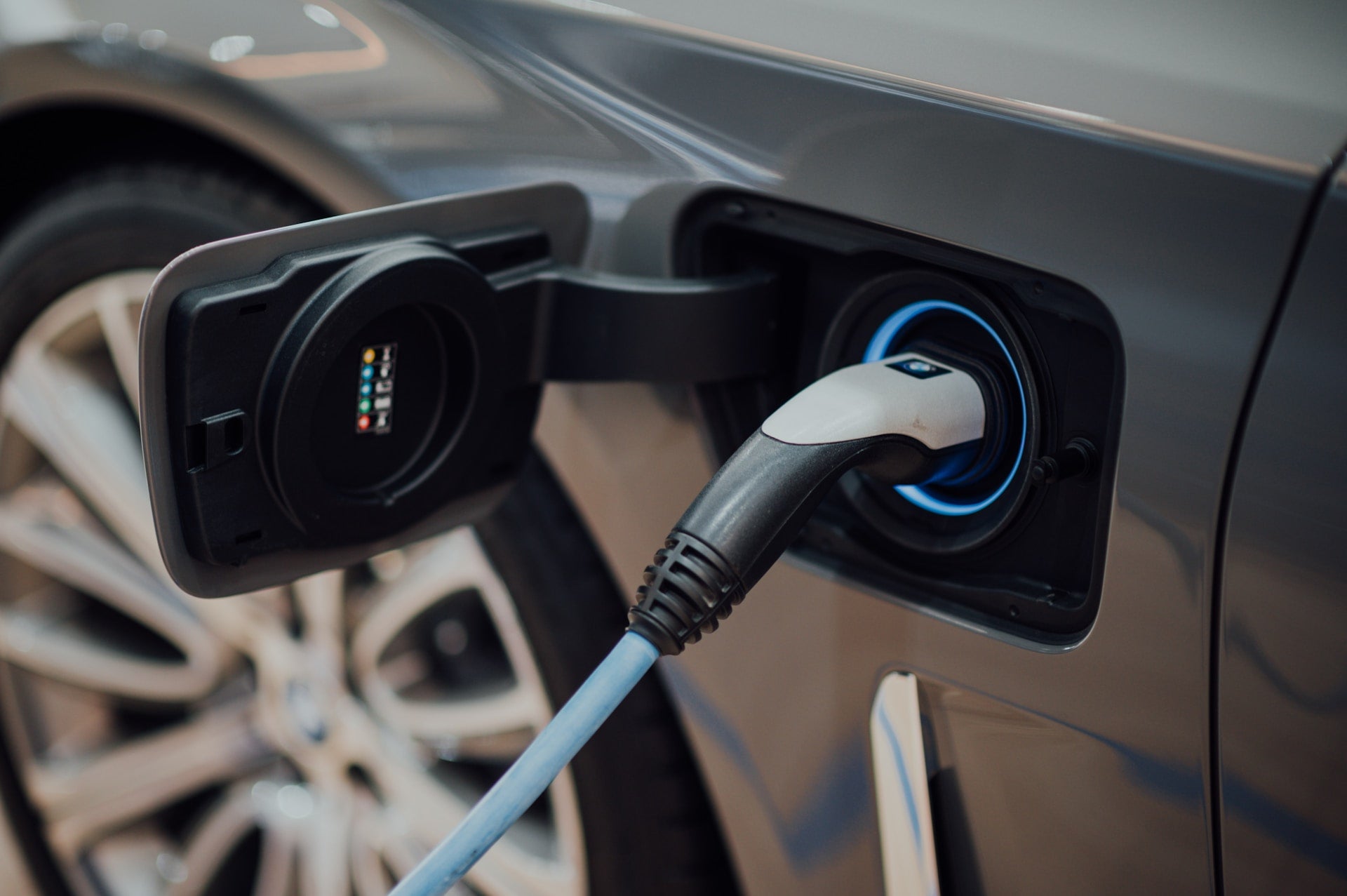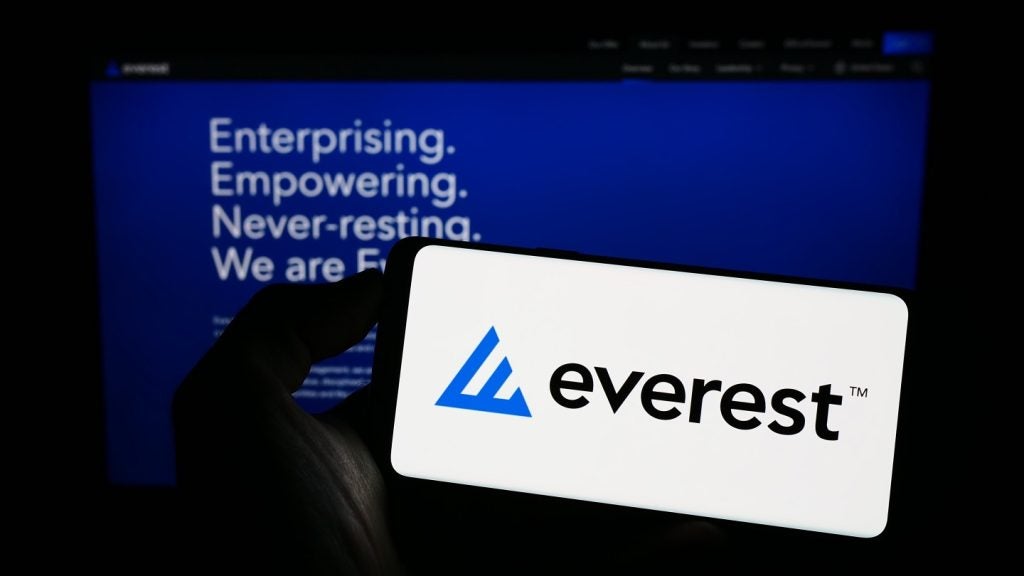
A new report from UK-based automotive risk intelligence company Thatcham Research has found that insurers are still finding it difficult to adopt battery-electric vehicles (BEVs) as there is a lack of low-cost or available repair solutions and diagnostics following an accident.
The finding is part of the ‘Impact of BEV Adoption on the Repair and Insurance Sectors’ report, which was funded by the UK Government’s innovation agency, Innovate UK.
According to Thatcham, 9,400 vehicles were possibly hit by accidents last year, which led to the inclusion of a new battery during repair.
This figure is expected to increase up to 260,000 vehicles a year by 2035.
Thatcham also noted that BEV incident claims are around 25.5% costlier than internal combustion engine (ICE) equivalents and take approximately 14% longer duration to repair.
Due to their potential fire risk, damaged BEVs that require repair have to be kept outside at least 15m from other objects.
How well do you really know your competitors?
Access the most comprehensive Company Profiles on the market, powered by GlobalData. Save hours of research. Gain competitive edge.

Thank you!
Your download email will arrive shortly
Not ready to buy yet? Download a free sample
We are confident about the unique quality of our Company Profiles. However, we want you to make the most beneficial decision for your business, so we offer a free sample that you can download by submitting the below form
By GlobalDataAn outside storage facility for 100 ICE vehicles would have space to safely quarantine just two BEVs, thereby marking a potential 98% cut in repair capacity.
Furthermore, the report found that a replacement battery is more expensive than the used price of the car after just one year. This makes replacing the battery an expensive affair.
Thatcham Research engineering research head Adrian Watson said: “Without meaningful change, there is a strong likelihood that claims costs will continue to rise disproportionally.
“Much of the motor insurance industry is yet to adapt to mass BEV adoption challenges, and the implications remain unquantified on repair capacity, training and skills, cost, and the lifetime sustainability of BEVs.
“This lack of awareness means many BEVs are often deemed irreparable, leading to premature write-offs because of high battery cost and the lack of value the UK ecosystem can recover from them.”







